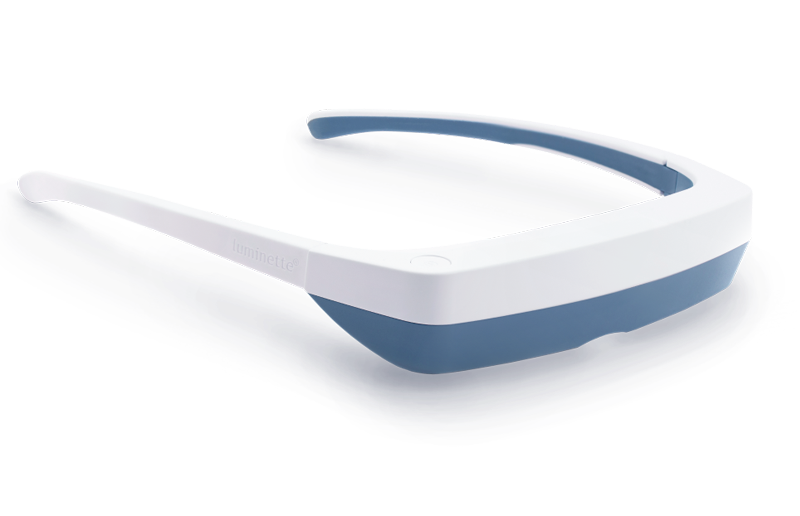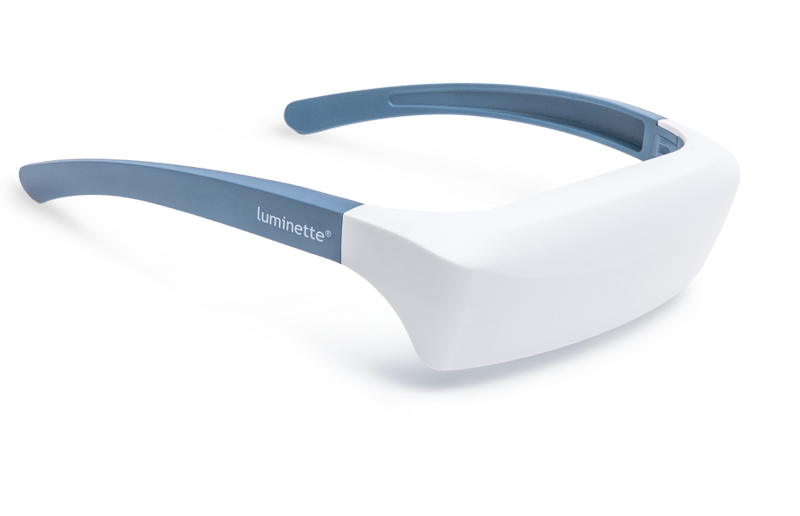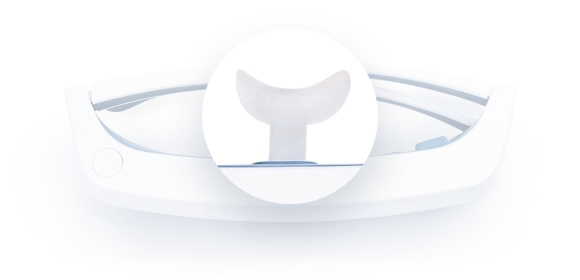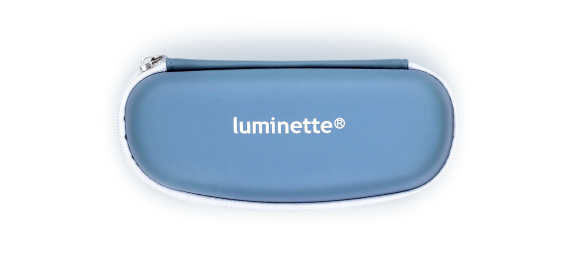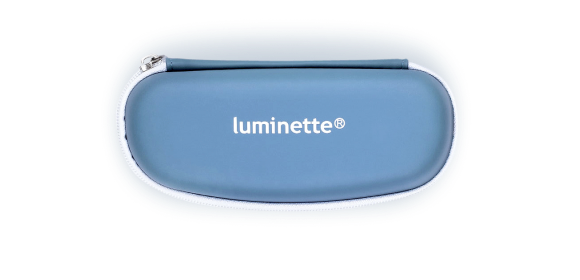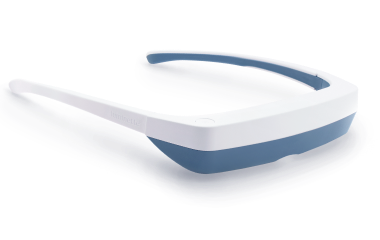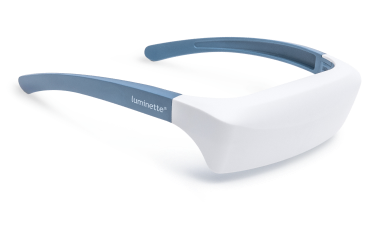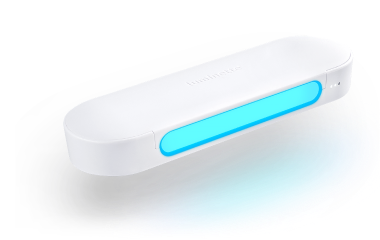Sleep: An Important Factor in Your Studies
In the fast-paced world of education, where students juggle tight schedules, exams, and social responsibilities, sleep often becomes an afterthought. Yet sleep is not optional—it is a vital biological function that directly influences how we think, feel, and learn. For students, sleep is not just about rest—it is a strategic resource that fuels academic success.
When you sleep, your brain isn't just switching off—it's actively processing and storing information you’ve learned throughout the day. This process, called memory consolidation, strengthens neural pathways that are essential for recalling facts, solving problems, and thinking critically. Without adequate sleep, this system falters. Studies show that students who pull all-nighters retain less information and perform worse on cognitive tasks than those who sleep well, even if they study less.
But sleep does more than support memory—it boosts attention span, concentration, and creativity. During deep sleep and REM (Rapid Eye Movement) stages, your brain sorts through complex emotions and recharges its ability to focus. This means that a student who is well-rested can grasp difficult concepts faster and work more efficiently, both in and outside the classroom.
Sleep also plays a major role in mental and emotional well-being. Conversely, students who prioritize sleep report higher energy levels, better moods, and more positive relationships with peers and teachers.
Physical health, too, is tied to quality sleep. The body repairs tissue, restores energy, and regulates hormones during the night. This restoration is critical for immune system function and overall vitality, allowing students to stay healthy and engaged throughout the school year.
Despite its importance, many students still sacrifice sleep in favor of late-night studying, screen time, or social media. But the truth is, no amount of caffeine or last-minute cramming can replace the benefits of consistent, restorative rest.
If academic success is the goal, then quality sleep must be part of the plan. Just like studying or attending class, sleep should be seen as an essential pillar of student life. Creating better sleep habits—such as going to bed and waking up at consistent times, limiting screen exposure at night, and keeping a calm bedtime routine—can lead to measurable improvements in school performance, mental clarity, and emotional balance.

Why Quality Sleep Is Essential for Students
Quality sleep is more than just getting rest—it's the foundation for a student’s physical health, mental clarity, emotional regulation, and academic success. Students often push sleep aside in favor of studying or social activities, but this habit can lead to long-term consequences. Prioritizing consistent and restorative sleep enables the body and brain to recover, adapt, and perform at their best.
Physical and Mental Recovery During Sleep
During sleep, the body undergoes critical repair processes: tissues heal, muscles recover, and the immune system strengthens. At the same time, the brain clears out waste products, restores neurotransmitter balance, and resets stress responses. For students, this means faster recovery from daily demands—both physically and mentally—and greater resilience in the face of academic and social pressures.
The Science Behind Quality Sleep
Quality sleep isn’t just about getting enough hours—it’s about how your body cycles through the different stages of rest to repair, recharge, and reset. During sleep, your brain and body follow a natural rhythm made up of distinct stages: light sleep, deep sleep, and REM sleep. Each stage plays a vital role in maintaining your mental, physical, and emotional health.
Behind these stages is a powerful biological system known as the body's clock—your internal clock that aligns with the 24-hour day. This rhythm tells your body when to release important hormones like melatonin, which promotes sleep, and cortisol, which helps you feel alert in the morning. When these signals are timed correctly, your body knows when it’s time to rest and when it’s time to be active.
At night, while you rest, your brain performs some of its most essential tasks: consolidating memories, detoxifying waste through the glymphatic system, regulating mood-related chemicals like serotonin, and repairing tissues. These processes can only function properly when sleep is uninterrupted and follows its natural pattern.
Disruptions—like going to bed at irregular hours, exposure to blue light from screens, or poor sleep habits—can throw off this delicate balance. The result? Foggy thinking, mood swings, low energy, and weakened immunity.
Understanding the science behind sleep helps explain why it’s not just the number of hours that matters, but the quality and rhythm of those hours. Prioritizing deep, consistent, and well-timed sleep is one of the most effective strategies for improving your focus, energy, and overall success—especially if you’re a student juggling mental and physical demands every day.
The Importance of a Balanced Sleep Architecture
Quality sleep isn’t just about getting enough hours—it’s about how well your body moves through each sleep stage. A full sleep cycle typically lasts about 90 minutes and includes light sleep, deep (slow-wave) sleep, and REM (rapid eye movement) sleep. Each stage plays a unique role: light sleep serves as a transition, deep sleep is essential for physical recovery, and REM supports memory consolidation and emotional regulation. Missing out on any of these stages can result in feeling unrefreshed, even after a long night in bed.
How Sleep Supports Brain Detox and Repair
While you're asleep, your brain undergoes critical housekeeping. During deep sleep, the glymphatic system is activated, helping flush out toxins that accumulate during the day—some of which are associated with neurological conditions like Alzheimer's. At the same time, REM sleep strengthens neural connections, aiding learning and creativity. This makes quality sleep vital not only for rest but also for cognitive performance and long-term brain health.
Our sleep is closely tied to the body's clock, which is a 24-hour cycle regulated by light exposure. These rhythms influence the release of hormones such as melatonin (which promotes sleepiness) and cortisol (which helps us wake up). Disruptions to this internal clock—such as from artificial light, irregular schedules, or travel—can lead to poor sleep quality and impact mood, metabolism, and alertness. Consistent sleep-wake patterns are crucial for aligning biological functions with external cues.

The Role of Melatonin and Brain Detox During Sleep
Melatonin is a hormone that plays a key role in regulating sleep. Produced by the pineal gland in response to darkness, it helps signal to the brain and body that it’s time to wind down and prepare for rest. In an ideal setting, melatonin levels rise naturally in the evening, peak overnight, and decrease in the morning with exposure to light. But in today’s digital world—where students are constantly exposed to artificial light from screens—melatonin production can be delayed or suppressed, leading to trouble falling or staying asleep.
Beyond melatonin, there’s another critical process that happens during deep sleep: brain detoxification. The brain's glymphatic system becomes highly active at night, flushing out waste products and toxins that build up during the day. This system functions almost exclusively during deep sleep, making restful nights essential for mental clarity, focus, and long-term brain health.
If a student consistently skips deep sleep or interrupts their sleep cycle, their brain cannot fully clear out these toxins, which may contribute to problems like poor concentration, memory lapses, or heightened stress. Protecting this natural detox process by getting enough quality sleep every night is crucial for maintaining strong cognitive health during the school year.
The Negative Effects of Artificial Light at Night
Key negative effects:
Suppresses melatonin production, making it harder to fall asleep.
Increases alertness at the wrong time, keeping the brain too active.
Associated with insomnia, poor sleep quality, and next-day fatigue.
Contributes to digital eye strain and disrupts deep sleep cycles.
Why Morning Light Exposure Supports Better Sleep
Morning light, especially natural daylight, helps reset your body's clock by signaling the brain to reduce melatonin and increase cortisol—making you feel awake and energized. This daily exposure anchors your body clock, making it easier to fall asleep at night and wake up at a consistent time. Just 20–30 minutes of light after waking up can improve alertness, boost mood, and promote a healthier, more regular sleep cycle.
5 Tips for Quality Sleep

Sleep plays an essential role in your academic development, but it can be difficult to get quality sleep under the stress of exams and workload. If you wake up feeling tired or tend to nod off during the day, you're probably suffering from sleep deprivation or poor quality sleep. We've selected 5 tips to help you get quality sleep.
Avoid Long Afternoon Naps
Extending daytime naps can make it difficult to fall asleep at night. When you feel tired, take a short walk outside or relax
Take Short Breaks
Incorporate regular short breaks into your study routine. After 1 to 2 hours of work, our concentration diminishes. So, after 90 minutes of studying, take a 5- to 10-minute break to refocus. At the end of each lesson, take a moment to relax before starting another. This approach will leave you less fatigued during the day and more ready for sleep at night
Maintain a Regular Sleep Schedule
Going to bed and waking up at approximately the same time each day helps regulate your biological clock. Despite late-night outings on weekends, strive to maintain this practice. If you go to bed very late, make an effort to wake up at your usual time.
Avoid Blue Light in the Evening
If you don't feel tired during your regular rest hours, chatting with friends on social media or watching a movie won't help you fall asleep. On the contrary, the light from your smartphone, PC screen, or television keeps you awake. This blue light is a primary cause of insomnia among students.
Try Morning Light Therapy
Morning light therapy is a natural, side-effect-free method that helps resynchronize your biological clock, regulating your sleep phases and combating insomnia through the benefits of light.
Enhanced sleep quality
It’s no secret that many students struggle with falling asleep at night—often lying awake for hours, endlessly scrolling through their phones or chatting with friends. We've all received that late-night message: “Are you still awake?”—and more often than not, the answer is yes. But by that time, your body should already be in a state of rest, not overstimulated by screens and conversations.
The truth is, staying up late has become normalized in student life, but the consequences are far from harmless. Irregular sleep patterns and insufficient rest lead to poor concentration, low mood, decreased motivation, and physical fatigue. The later you fall asleep, the harder it becomes to wake up refreshed—creating a cycle of grogginess, missed alarms, and daytime drowsiness that affects school performance and mental health.
One of the most effective, science-backed ways to address this is by introducing morning light therapy into your daily routine. Exposing your eyes to bright, blue-enriched light shortly after waking helps reset your body's clock. This not only makes it easier to fall asleep earlier at night but also improves the quality of your sleep by reinforcing healthy timing and hormone regulation.
With consistent morning light therapy, your body learns when to wind down and when to wake up, reducing the likelihood of tossing and turning late at night. You'll wake up feeling more energized, alert, and ready to focus—and those long, sleepy hours in the classroom will become a thing of the past. Instead of battling exhaustion, you’ll be supporting your cognitive function and overall well-being with deeper, more restorative sleep.
Products That Help Support Quality Sleep
Incorporating the right tools into your routine can make a major difference in how well you sleep—especially for students managing busy, unpredictable schedules. Light therapy devices offer a scientifically supported solution to improve alertness during the day and promote better sleep at night. Whether you're looking for a hands-free solution or a stationary option, Luminette offers effective products tailored to student life.
Luminette 3 – Wearable Light Therapy for Busy Students
Luminette 3 is a pair of light therapy glasses designed to fit into your morning routine—no matter how hectic your day starts. Lightweight, portable, and hands-free, they deliver blue-enriched white light directly into your eyes at the optimal angle to simulate natural sunlight. This makes it easier to regulate melatonin levels, boost energy in the morning, and improve sleep quality over time. Ideal for students who need flexibility while reading, studying, or preparing for the day.
Drive 2-in-1 – A Dual-Function Lamp for Focus and Rest
The Drive 2-in-1 lamp combines powerful light therapy with ambient lighting in a sleek, desk-friendly format. Whether you’re working late on an assignment or setting a relaxing evening mood, this lamp adapts to your environment. Its bright morning mode helps regulate your internal clock and boost energy, while its warm ambient setting supports a smooth wind-down in the evening—without disrupting melatonin production.
The Luminette: How Does It Work?
The Luminette is a portable light therapy device in the form of glasses. Practical and mobile, you wear the Luminette for 20 to 45 minutes in the morning. During this time, you can prepare breakfast, check your notes, and carry out your morning routine.
After 4 to 5 days of use, your sleep patterns will regulate automatically, and you'll get back into your body's natural rhythm.
You now have the best tool for regulating your sleep and getting better results at school.
So, happy back-to-school!
FAQ
Why do students have trouble falling asleep at night?
Many students experience disrupted circadian rhythms due to late-night screen time, inconsistent routines, and high stress levels. This interferes with melatonin production, making it harder to fall asleep naturally.
How does light therapy improve sleep quality?
Morning light therapy helps reset the body’s internal clock by signaling when to wake up and promoting earlier melatonin release at night. This leads to better sleep onset, deeper rest, and easier wake-ups
Can I use light therapy if I don’t have insomnia?
Yes—even students without diagnosed sleep issues can benefit from light therapy. It supports better energy regulation, alertness during the day, and a healthier overall sleep pattern.
When should I use light therapy during the day?
The best time is within the first hour of waking up, as early exposure helps sync your circadian rhythm and reduce daytime drowsiness. Just 20–30 minutes in the morning can make a noticeable difference.
Is it safe to use light therapy every day?
Absolutely—light therapy is a noninvasive, clinically proven method that's safe for daily use. Consistency is key to seeing long-term benefits in sleep quality and mood.
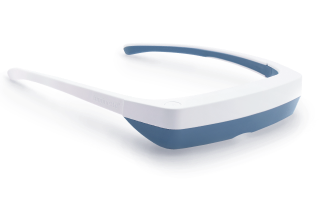
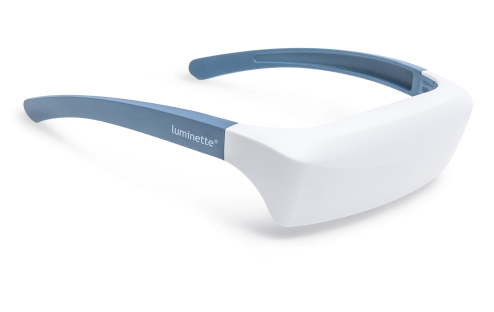
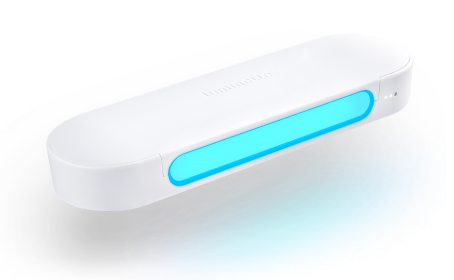
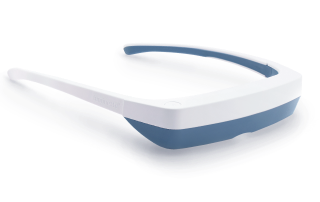
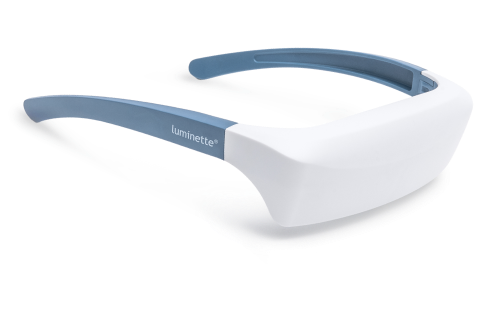
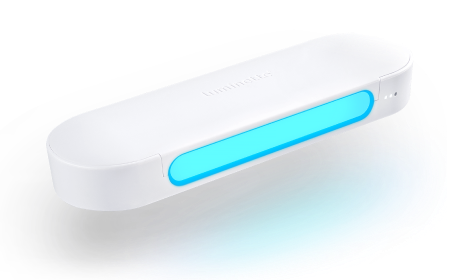
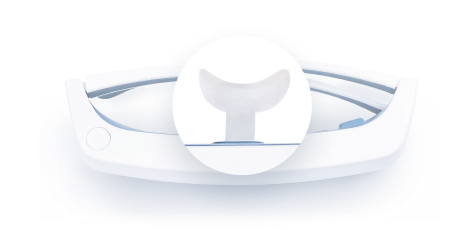
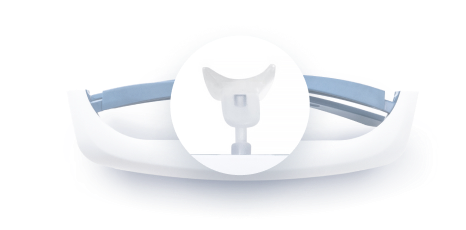
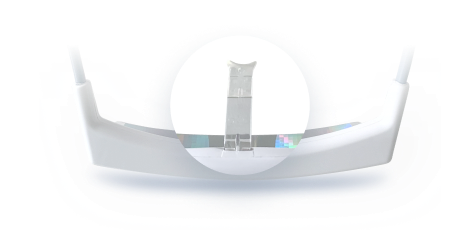
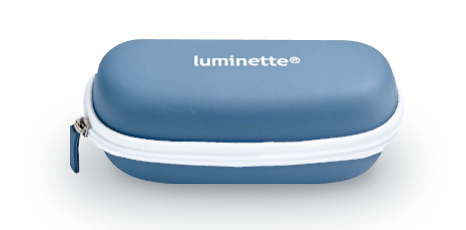
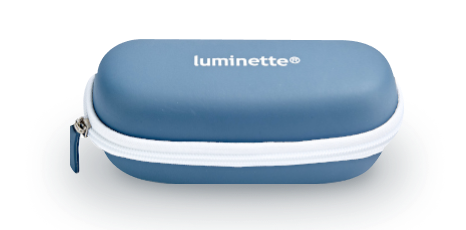






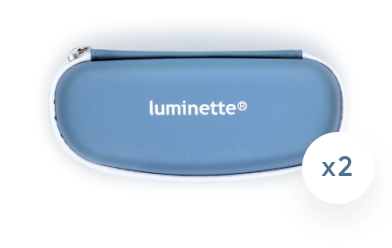
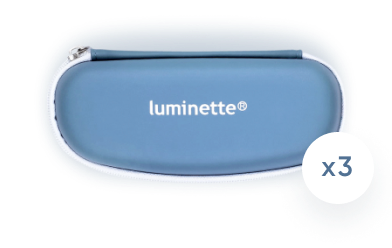

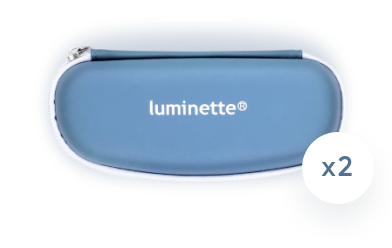
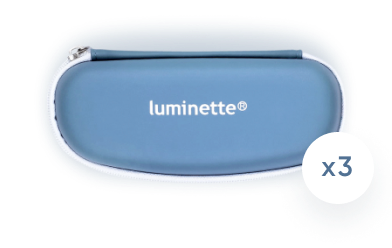
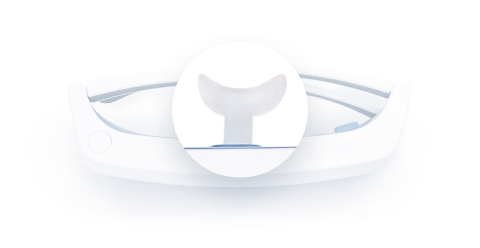
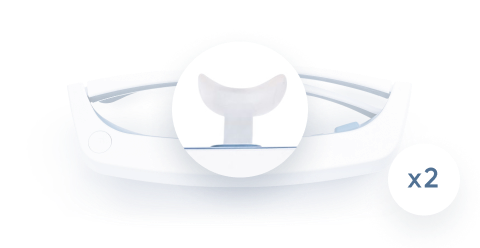
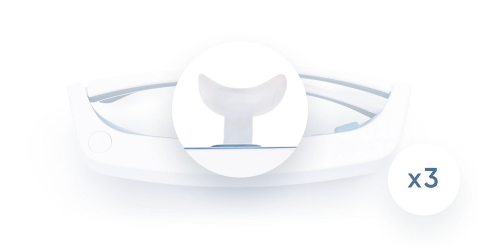
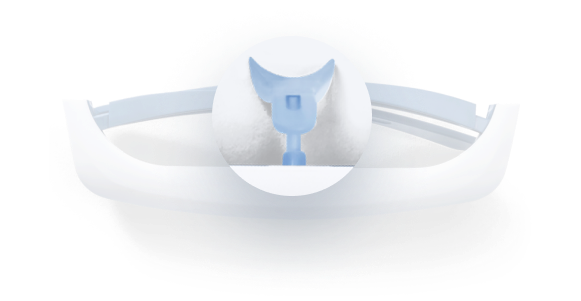
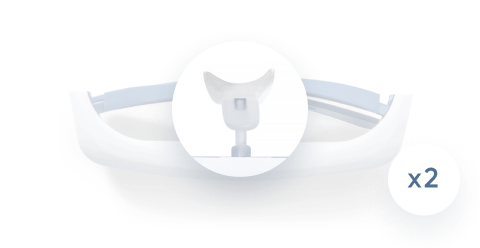
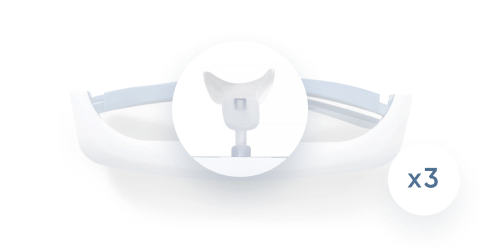
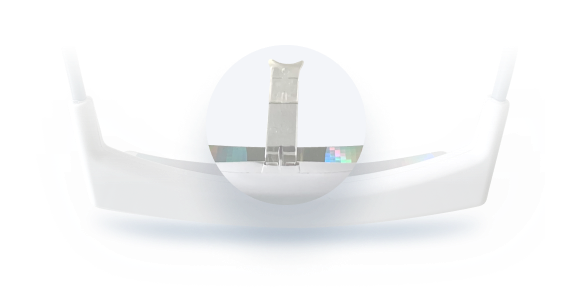


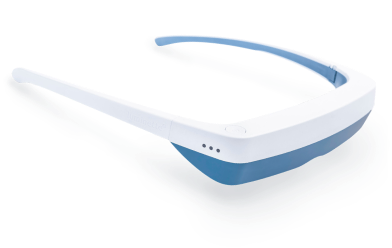
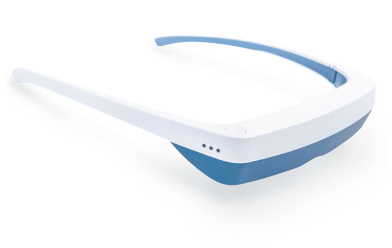





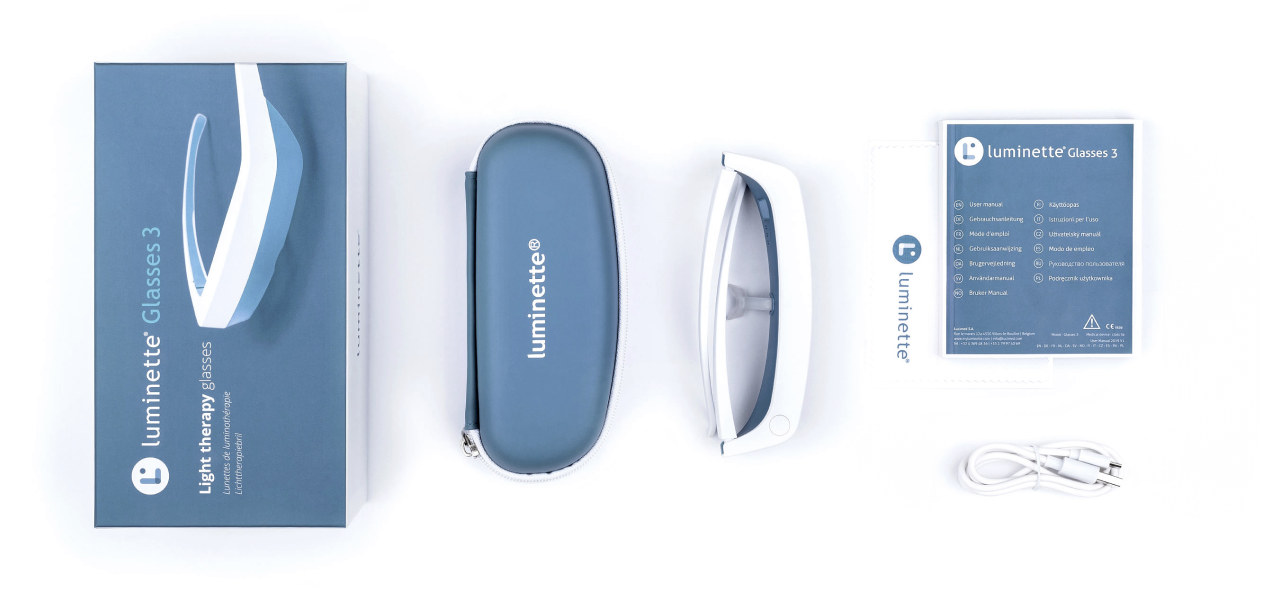
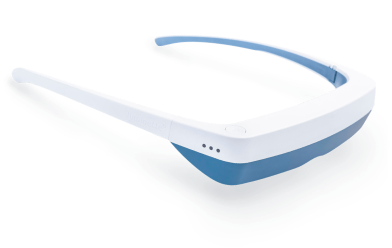
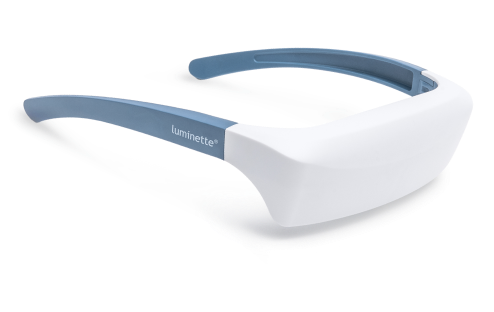
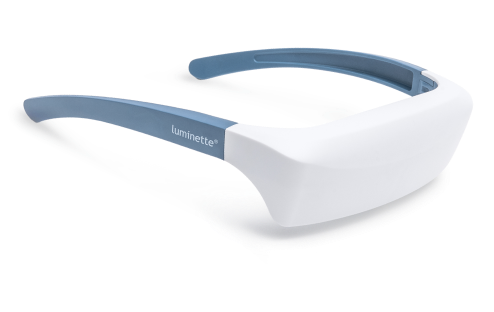
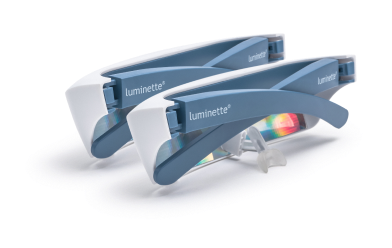

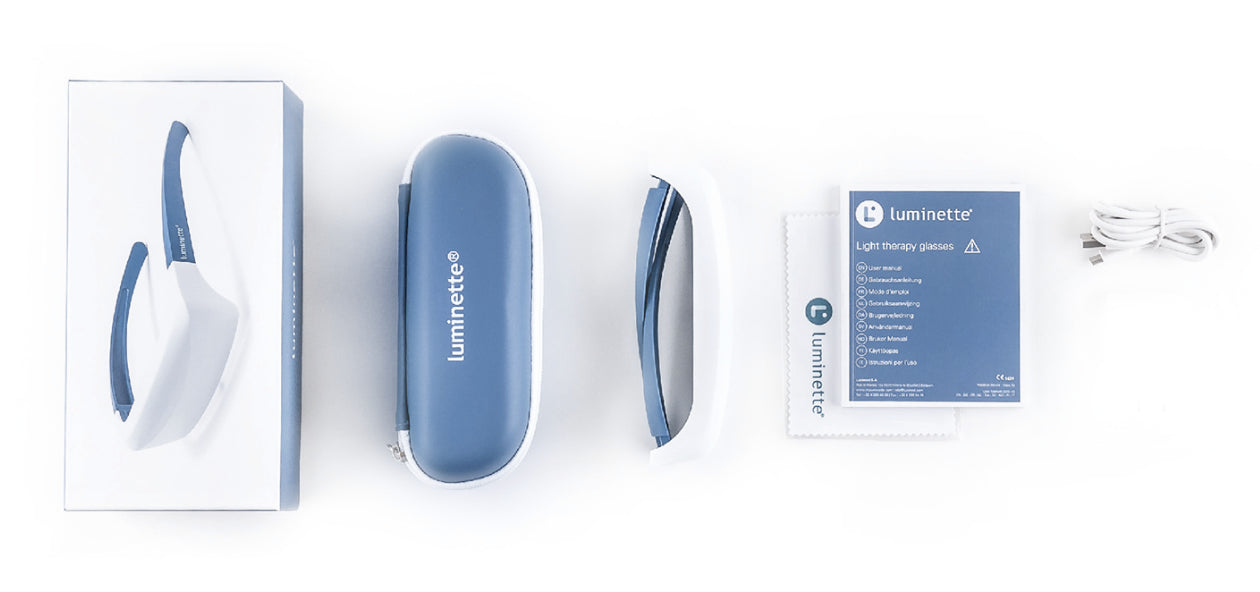
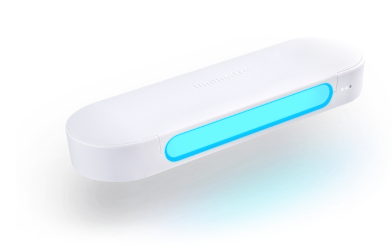
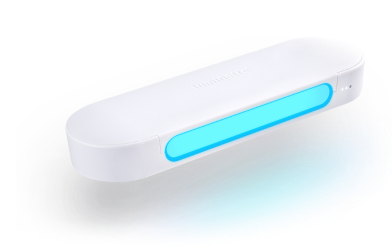
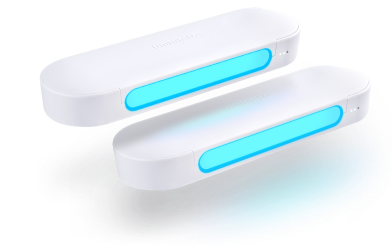
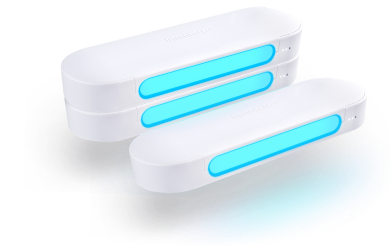
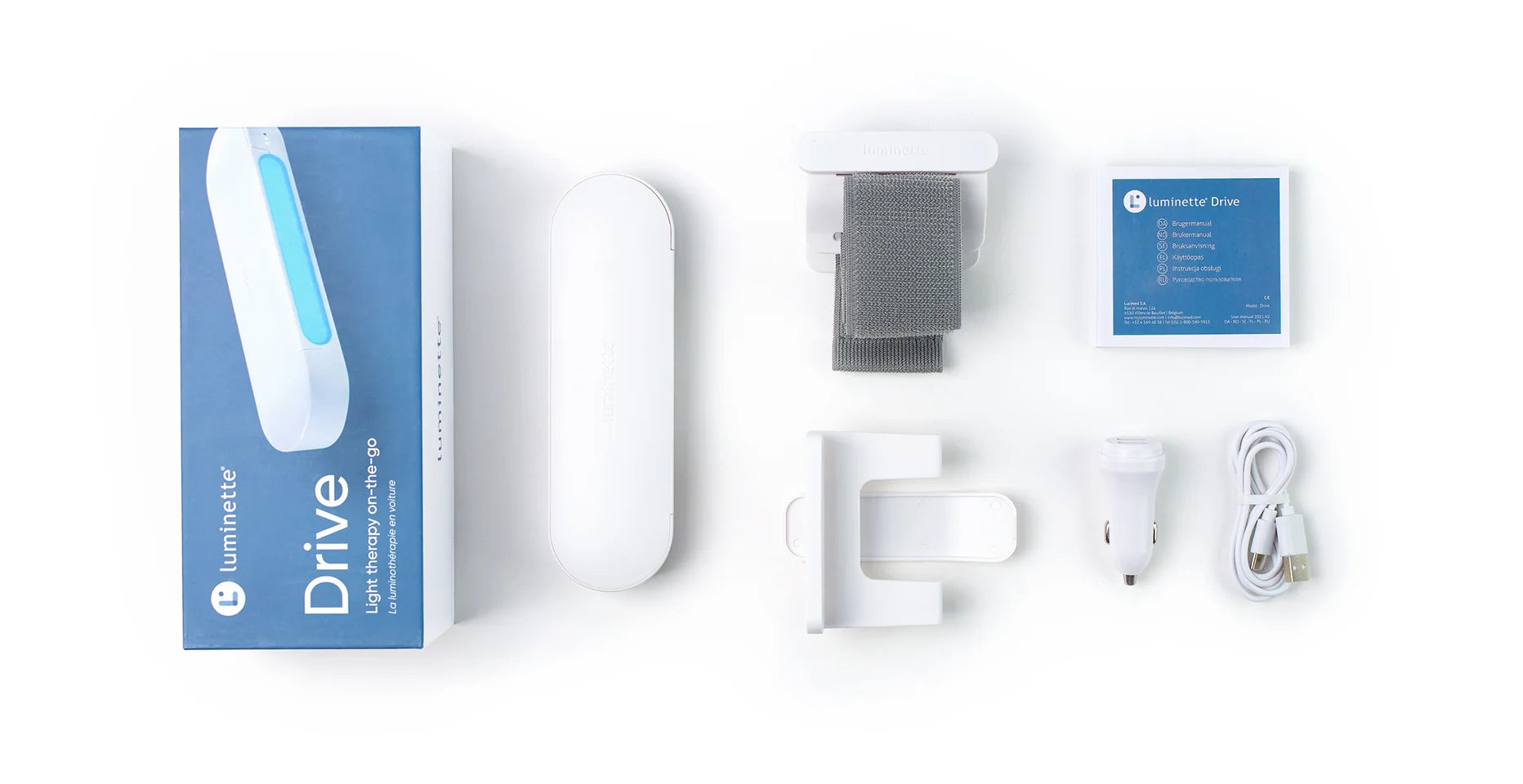

 Please note
Please note


